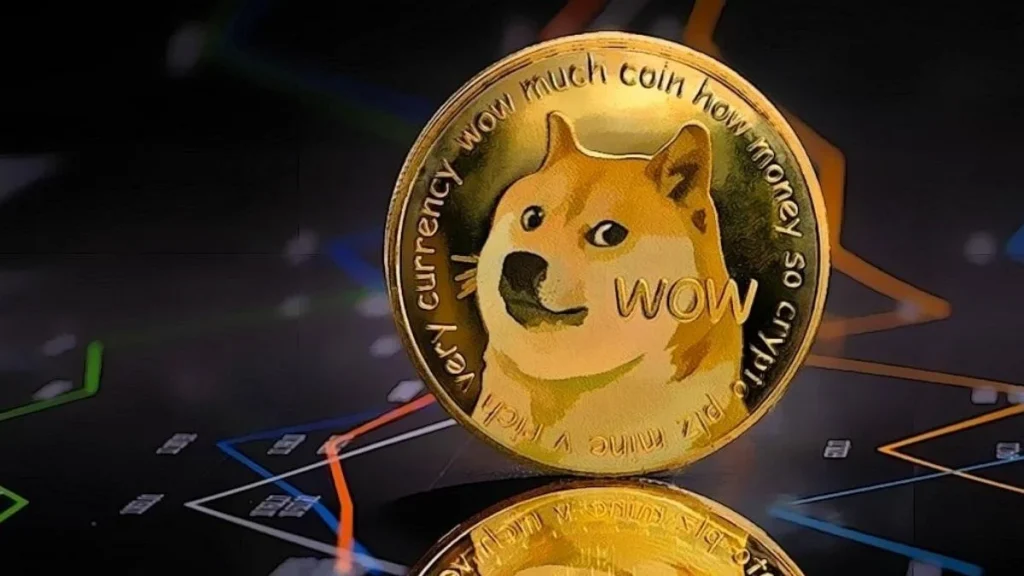On a day I tuned in, Roberts was fielding a lot of questions about dogecoin, generally steering people away from the meme currency. “It has no purpose, it’s a parody coin. I can’t explain it,” she said, with a laugh. “I have some for fun. But I don’t even know what exchange mine is on. I’ve had it since 2017.”
Although she called it a “pump and dump,” Roberts didn’t put investors off, telling them, “If you made money, be comfortable with your profits.”
See also: Emily Parker – Why We Should Take Dogecoin Seriously
While it’d be a mistake to say Clubhouse is a haven of sound investment advice, it seems less scammy than the bowels of Telegram or Discord. In part, that’s from the efforts of people like Roberts, Wilson and others including Cory Klippsten, founder of SwanBitcoin.
If you spend any amount of time on the crypto side of Clubhouse, you’re bound to bump into a couple of people with “SwanBitcoin” in their usernames, the name of the bitcoin startup for which they work. They’re not there to shill their app necessarily, but usually trying to educate users on the good word of bitcoin.
Klippsten joined the app in December and immediately got to work bringing others like him aboard. First he brought his colleagues, then his friends, before ultimately spinning up a Telegram chat to “hack” a way to share invites. (Clubhouse gives out invites to each new person who joins, and additional invites for those most active on the app.) He estimates this scheme brought in more than 1,000 bitcoin proselytizers.

“Now, basically two-thirds of Bitcoin Twitter is on there,” he told me over Zoom. “The purpose is to make sure, if the word ‘bitcoin’ is used, there’s a bitcoiner there in the conversation to explain reality.” This isn’t to say Klippsten is a “toxic maximalist,” an epithet used to describe people who still think of Ethereum as an alt-coin project.
“That’s what’s great about Clubhouse, you’re talking to real humans. It’s not the same as 280 characters on Twitter, where you fire something off and you’re done,” he said. He recalled one room where someone started “going off” on Twitter CEO Jack Dorsey, which was quickly moderated.
“Even if you disagree with some things he’s done – I disagree with some things Cash App has done – that’s inappropriate when you’re doing it on audio,” he said.
That said, the self-moderation of Clubhouse can only go so far. Like other social platforms, there have been numerous reports of misogynist, racism, anti-Semitism and outright bullying. Clubhouse’s founders, who declined to be interviewed, has largely been silent on such issues so far.
“You know, the system isn’t perfect, but it’s a beta platform that’s growing. I do think that there are way more pockets of positivity than negativity,” Bomani X, a pseudonymous artist and former face of the app, told CoinDesk.
Bomani said one of the biggest draws has been the connections he made in the crypto community. He works as a digital strategist for musicians such as Nicki Minaj and Lil Wayne, and chatting on Clubhouse has gotten him to think about how crypto could expand artists’ rights over their own music.

See also: Audius Has Big Numbers by Crypto Standards but Can It Take On SoundCloud?
Nothing is in the works right now, but he’s thinking about how blockchain can refigure broken payment models for artists and create new opportunities for fan engagement. “I definitely would love to see what the music-crypto space has to offer, especially as a creator myself,” Bomani said.
Meanwhile, Ayra Bahmanyar said Lizard “is a completely neutral canvas everyone who feels they want to can paint on.”
That’s true for Clubhouse, too.
UPDATE (2/20/21, 16:00): Clarifies Arya Bahmanyar’s role in Lizard ETH. Replaces Bahmanyar’s photo. Bahmanyar contacted CoinDesk post-publishing to emphasize that the LZRD tokens are no longer claimable. They were created as “social commentary on the absurdity of Clubhouse’s rampant Bitcoin Maximalism,” he said.